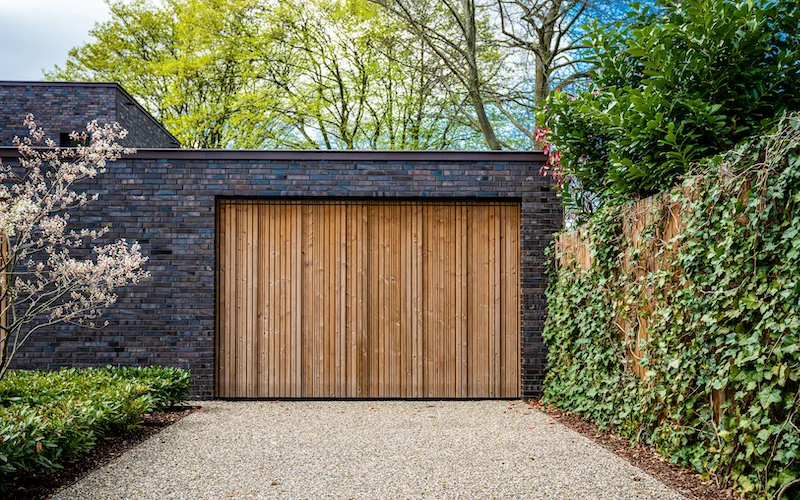What Real Estate Agents Look for When Pricing Your Home
Whether you are toying with the idea of selling your home or you have already made the decision, the first thing on a homeowners mind is “How much is my house worth?” A call or email a realtor to ask them this simple question may seem simple enough, yet you can’t seem to get a quick and easy answer. Why is this? The truth is, pricing a home can get a bit tricky. Let’s look at some important points to consider:
1. Fair Pricing
Pricing your home correctly from the beginning is vital. When pricing your home, you are deciding on one of the biggest factors in the strategy you will use when selling. Some agents and sellers will decide to underprice their home to try to get multiple offers, while some sellers will price their home higher than it is worth, hoping to get more for their home. Typically, the best, most straightforward strategy is to price the house at the correct price for the market (meaning not too high or too low) and advertise to attract realistic buyers. Try to stay away from big name sites for on the spot valuations on your home. They do not always take into consideration the factors that would heavily affect pricing. You don’t want to have to make the dreaded multiple price drops after putting your home up for sale, so price it right from the get-go.
2. Neighborhood
The neighborhood you are in will matter when deciding which houses to compare yours to in order to get an idea of worth. If you live in a metropolitan area, comparables (the homes an agent will use to determine your value in comparison) will typically stay within a small radius of your home. The closer a comp is to your neighborhood or tract the better. If you are in a more rural area, the agent will likely have to go a little further out to collect data on sold homes.
3 . For Sale, Pending, or Sold
When determining your value, it may be tempting to look at what Joe down the street just listed his house for. But the reality is, Joe’s house may not actually sell for the price he is advertising. Many times, people look at a listing price rather than the actual sold price. You will also want to consider concessions that were made by the seller (closing costs paid for buyer, repairs, credits back). This will affect the true selling price of a property and won’t necessarily be visible to the public. Agents should rely mainly on the “sold” comps when pricing your home and give less weight to active listings for this reason.
4. Condition Of Your Home
Agents will also consider into your pricing the current condition of your home- what upgrades you have done and their quality and value to a sale, what condition buyers are looking for in the area, how your home compares to others in the neighborhood, and any deficiencies that may restrict loans on your property. There are different reasons a bank would not loan on your home if it is in serious disrepair. If you are restricted to a cash only buyer, you will narrow your pool of buyers and likely lower what you will make from the home substantially.
5. Nuisances or Specific Upsides
When considering your home specifically, and an agent will need to know the location specifically and decide what geographical features may be positive or negative to your sale. Does your house backup to or face a freeway or major street? This will likely affect the value downwards. Maybe your home has a fantastic view of the city lights from a specific angle that others don’t? That will likely be an uptick in price for you. These are things that take seeing your home in person to be able to price appropriately.
6. Market Trends
It is also important to note whether you are in buyers, sellers, or normalized market when establishing your price. If you are looking to sell quickly and values are declining, you may price lower to stay ahead of the curb and get sold. Or if prices are skyrocketing, you want to make sure you are not underselling.
There are many factors that will affect the value of your home that will need to be considered for a truly accurate listing price. Make sure to choose a Realtor that possesses the ethics and strengths that you want to see in someone representing you in your sale. Always ask questions to understand the process and remember that the relationship you have with your realtor should be built on trust. Talk openly with your agent about what makes your home desirable, but also be open to feedback. While you are connected to your home emotionally, a good realtor can separate the emotion from the price and help you understand what your home might be worth to prospective buyers. Choose your Realtor wisely and enjoy a more supported and empowered experience. Happy Selling!




